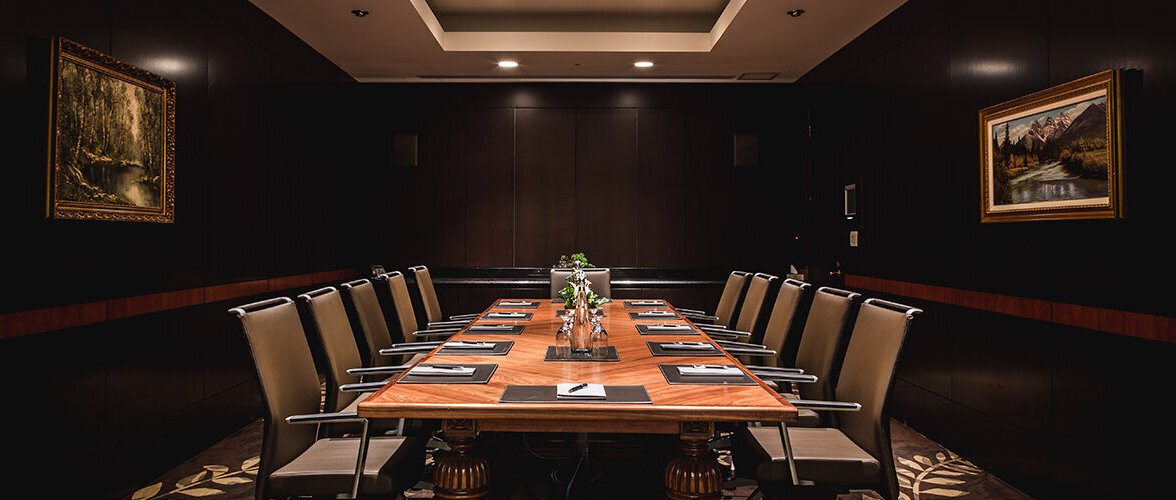
India would seem an appropriate place for enlightenment.
And so it was for Suki Sekhon, a Canadian of Indian descent, who, upon his first visit to the home of his mother and father, the land of his ancestors, was given this bit of eternal wisdom from friend and colleague Joe Segal: “Kid, you’ll never get rich working for someone else.”
Suki was in his 30s. He and his wife Desha had two children and a third on the way, when he considered the time was right to heed the advice of his good friend.
“I was working for J.J. Barnicke as a commercial real estate broker and partner for the firm,” he recalls. “I was making good money. No issues. Good house. Good car. All that stuff. I came home one day and told Desha ‘I’m going on my own.’ Her response was something like, ‘Are you fricking crazy?’.”
Suki has always been a man familiar with risk and believes there is risk in every decision a person makes. But this risk, well, this risk put a lot at stake.
“When you buy a vacant building, you look at risk,” he says. “You evaluate that risk: high, low, medium. I’ve had to take high risks to get where I am. They’ve paid off. But it’s a lot of work — a lot of hard work.”
These days, now in his 50s and having established his firm CRS Group of Companies as an unmitigated success, when Suki takes a risk he asks himself: “Will I sleep at night?” However, in the early days, sleeping was not a guarantee.
“Yeah, those younger days were tough on the sleep. I was building a business, but I also had four kids. The kids always came first. I coached them in every sport they played. My involvement in their lives was absolute.”
The payoff from all this loving attention from both Dad and Mom has clearly reaped its rewards. Suki and Desha’s children, two older girls and two younger boys, have all been high achievers, having earned scholarships and attended some of the most prestigious universities in North America.
“For years my life was up at six, work at seven, home at three, coach, eat, work some more, go to bed, up at six.”
As the kids got older, Suki had a list of some 10 key morals he wanted to impart on his children in order to best prepare them for the challenges of living a righteous, rewarding life. But, then, as he points out: “What kid is going to pay attention to 10 lessons from dad?”
So, he boiled them down to a salient three.
“Let’s say you lose everything and you have to start over. There are three things in life you need. If you don’t have them, you are probably screwed. The first thing is your health. If you are healthy, you can make a comeback. The second thing is your reputation. If you have done good things for people then people will know you as a good person and they will be there for you. The third thing is your family and your good friends. Your family is going to pick you up and help you and so will your good friends.
“With those three things, it doesn’t matter what happens in your life. Keep those three things and you will be okay.” And then he adds a fourth: “Give back.”
He learned giving back from his mother and father growing up in South Vancouver. His dad was a millworker and his mom worked in a nursing home. They taught him the value of philanthropy.
“My parents taught me that you don’t take, you give. If you get something back, that’s great. But don’t give to get back.”
Today, CRS Group of Companies is philanthropically involved with numerous initiatives, most notably Ronald McDonald House.
“We can all step up in one of two ways,” he says. “Money or time. Or, ideally, both. But if you don’t have the former, give the latter. Don’t do nothing. Don’t sit on the sidelines and think the government or other people are going to fix it. It doesn’t happen that way. Give. Be part of the community.”
Suki has been a member of the TCC since its days in the old location.
“The club has an amazing atmosphere right now. It’s going through a highly successful and transformative period.
“I look at private clubs today and so many of them are clearly struggling. Most are based on networking, but times are changing and networking alone is not the incentive it once was. The next generation is mobile. They need working spaces. Clubs would be smart to recognize this and move forward accordingly.
“I think what the TCC is doing now — trying this and trying that — explains, in part, why it continues to be a club that not only survives, but thrives. The club is open to change these days. It’s moving ahead with the times.”
Essentially, the TCC is taking risks, and Suki Sekhon is more than okay with risks.
—Wayne Moriarty

